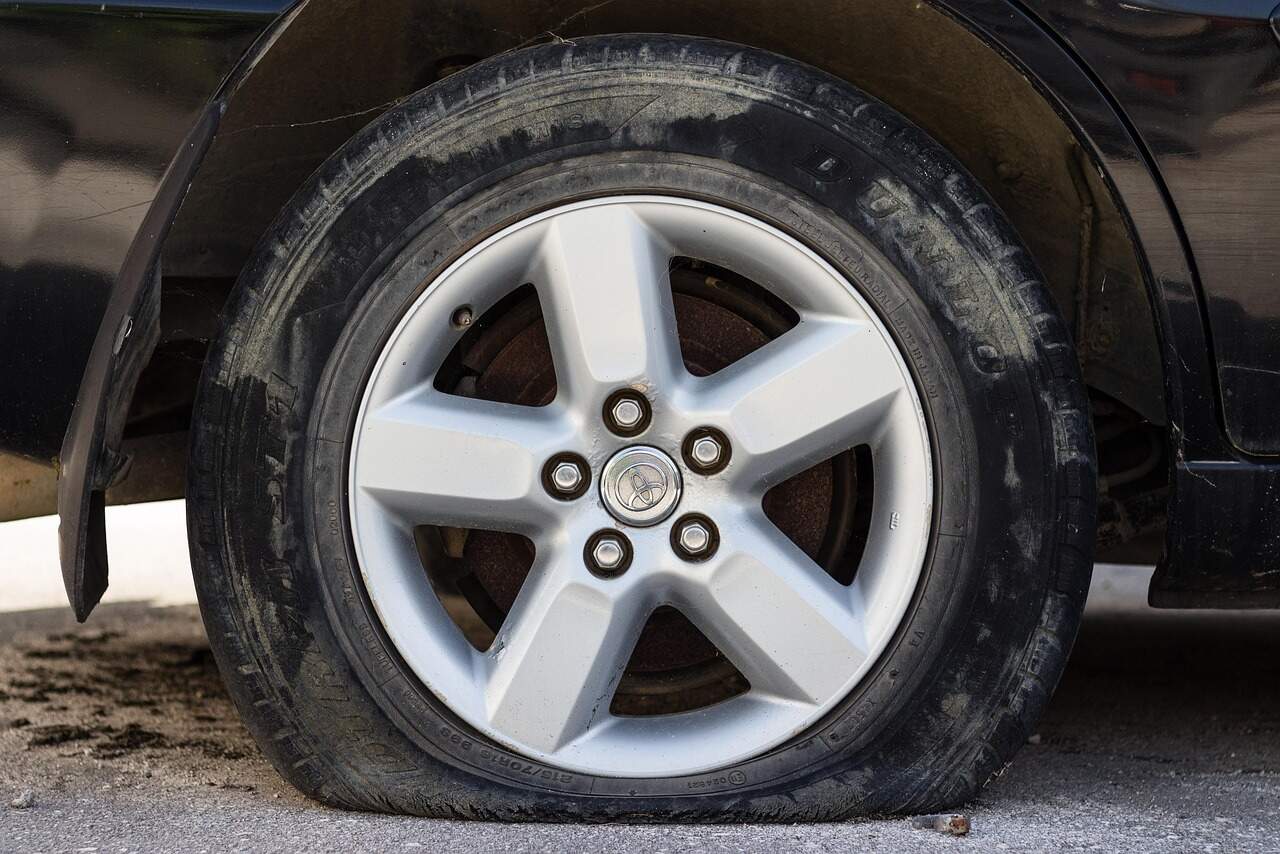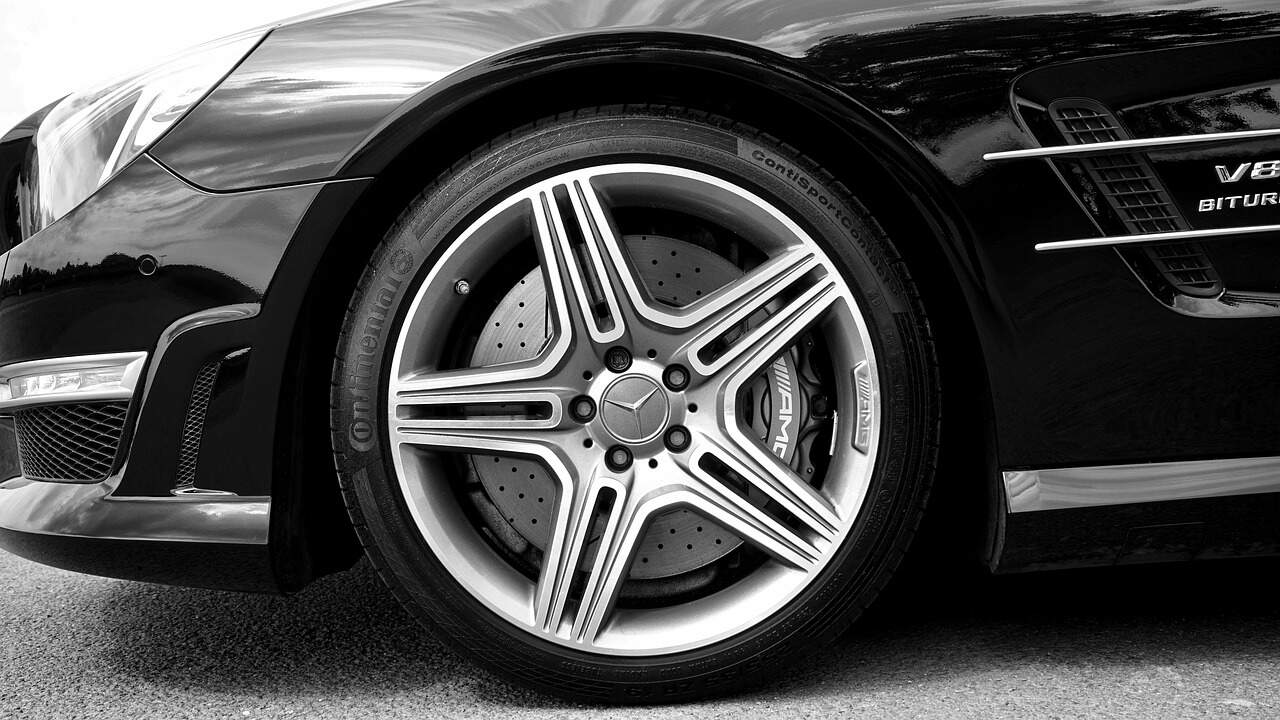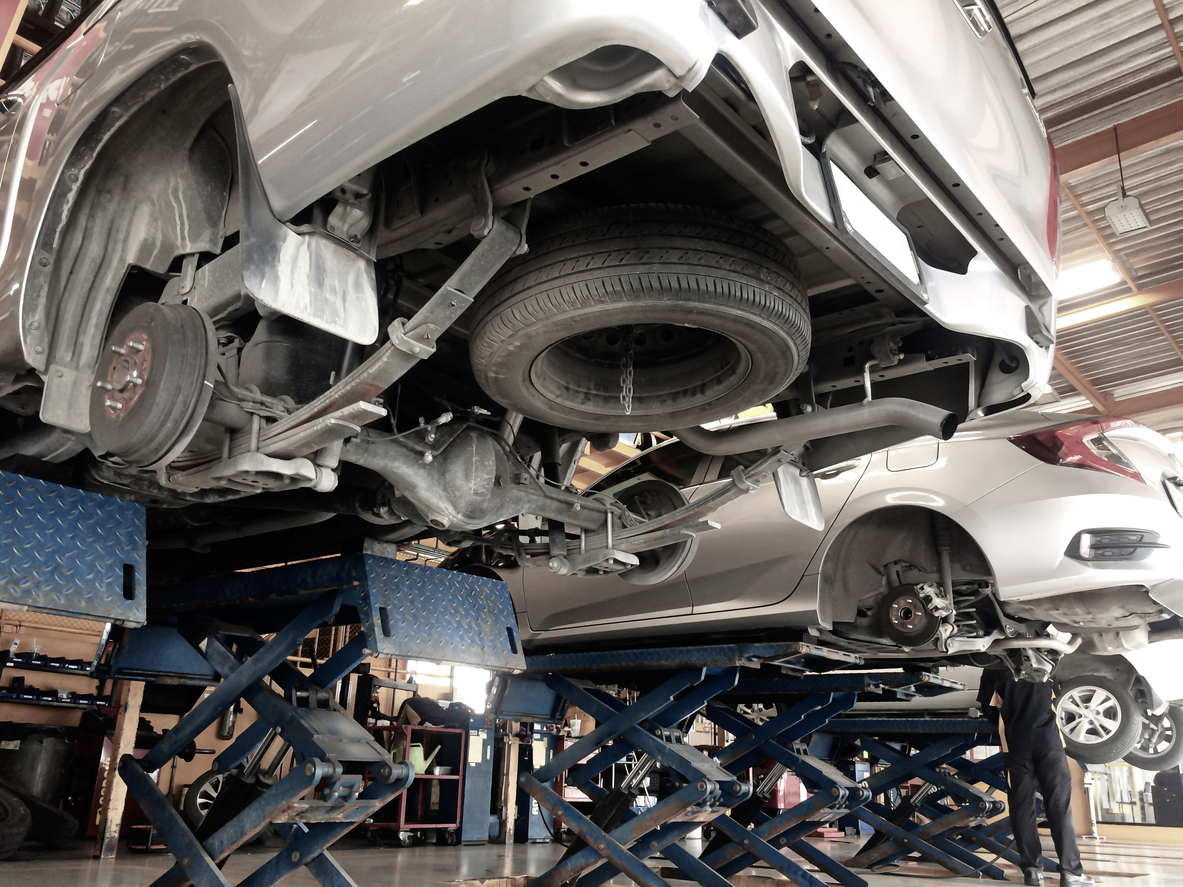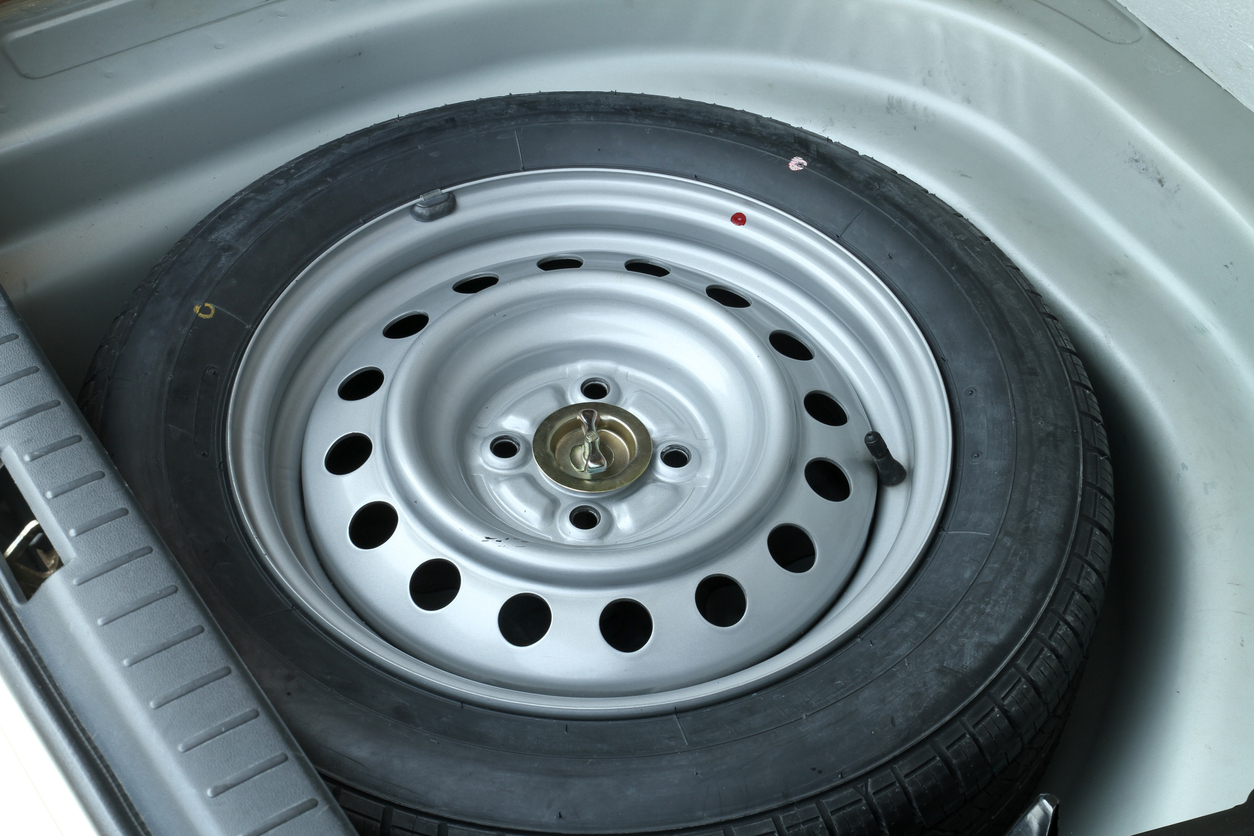When it comes to maximising the performance and the look of your four-wheel drive, one of the biggest changes you can make is by upgraded to an aftermarket wheel and tyre package.
Factory wheels do a great job in most cases, but if you’re an enthusiast who wants to modify your bus to perform better on or off road, it’s a great place to start.
Read on to explore why upgrading your wheels can be a game-changer, what options are available, and how to understand the benefits.
What are wheels?
It should be clear, but in case it’s not, ‘wheels’ are the part that the tyre is fitted to, and then the whole lot is bolted onto your vehicle. At their most simple, wheels are a barrel shaped item with a special ridge at either end that securely grips the tyre, and have a ‘face’ with a bolt pattern that allows secure connection to your vehicle.
Most modern factory and aftermarket wheels are made from steel or an aluminium alloy, but it’s possible to find carbon fibre and magnesium wheels too.
Some parts of the world refer to wheels as rims but that’s a topic outside of this article, most people understand both terms.
Why Do People Upgrade Their Wheels?
Looking for reasons to commit to purchasing a new set of wheels? We have you covered. Upgrading your wheels from the standard factory models to aftermarket wheels can have several benefits:
- Strength: Aftermarket wheels can be a stronger, more heavy-duty design that can handle more off-road abuse. Alternatively, steel wheels can be repaired out in the track. More on this in a moment.
- More Grip: Opting for a wider aftermarket wheel allows you to run wider tyres, providing more flotation in soft conditions.
- Visual Style: Whether we’re talking about aggressive offsets and fitment or just the physical wheel design, wheels allow you to tailor how your vehicle looks, probably more so than any other mod.
- Increased Performance: This is less of a focus on the off-road community, but aftermarket wheels can be lighter, or provide more clearance for big brake upgrades.

What Sorts of Wheels are Available?
Even though they’re all the same basic shape, there are a huge variety of options available when it comes to new wheels. Size, colour, bolt pattern, offsets and more. For now, lets just cover the materials that wheels are made from and narrow down which material suits your needs best.
- Steel is a classic material for wheels, with steel wheels being known for their strength, durability, and ease of field repairs. Steel wheels are a popular choice for off-road vehicles due to their lower cost. They can withstand more punishment from rough terrain than other types of wheels, although they are typically heavier and can suffer from corrosion. The good news is that if you ever dent one on a gnarly trail, if can often be repaired with a hammer, brute force and some determination.
- Alloy wheels are by far the most common material you’ll see if you’re browsing for aftermarket wheels. Alloy wheels can be made with various construction techniques with cast, semi forged or fully forged construction being the most common. Alloy can be mirror-polished, powder coated, left raw, or have a diamond-cut finish, making the material very versatile. Modern ‘alloy’ wheels are primarily aluminium, but magnesium used to be used, hence the term ‘mag wheels’ when discussing alloy wheels.
- Exotic materials such as carbon fibre can be used to make automotive wheels, however they’re not readily available, they are extremely expensive, almost impossible to repair and unlikely to come in suitable sizes.
Upgrade your 4WD with Tyrepower!
Upgrading your wheels is more than just a visual improvement, it's the perfect opportunity to give your 4WD more chops when it comes to performance.
At Tyrepower, our experts are ready to help you explore the best wheel upgrades for your vehicle. Reach out to your local Tyrepower store to find out what wheel upgrades are available for your vehicle and see how we can enhance your driving experience today!



























